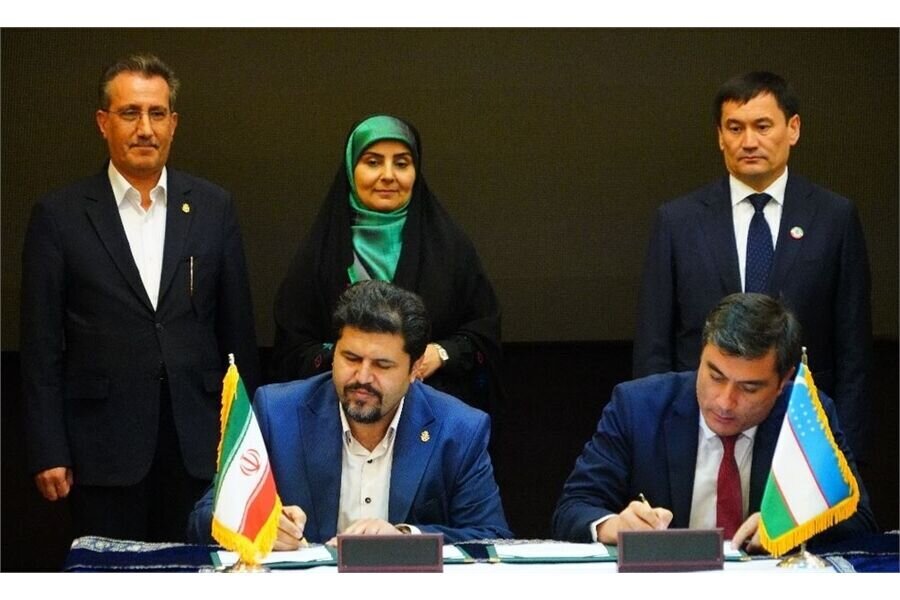
Similar Posts

Iran and Germany Forge Stronger Ties: Trade Turnover Reaches €1.5 Billion in 2024
In 2023, trade between Iran and Germany surged to €1.45 billion, reflecting strengthened economic ties, particularly in industrial equipment and machinery. In 2024, Germany’s exports to Iran reached €1.28 billion, a 6% increase from the previous year, with December alone seeing €134 million in trade, a 1% growth. Key exports included industrial equipment (€520 million), machinery, and automotive parts. Factors driving this growth include enhanced economic cooperation, a diverse product range, and strategic partnerships. As relations evolve, both nations are likely to pursue further collaboration, aiming to expand trade opportunities and support Iran’s industrial development.
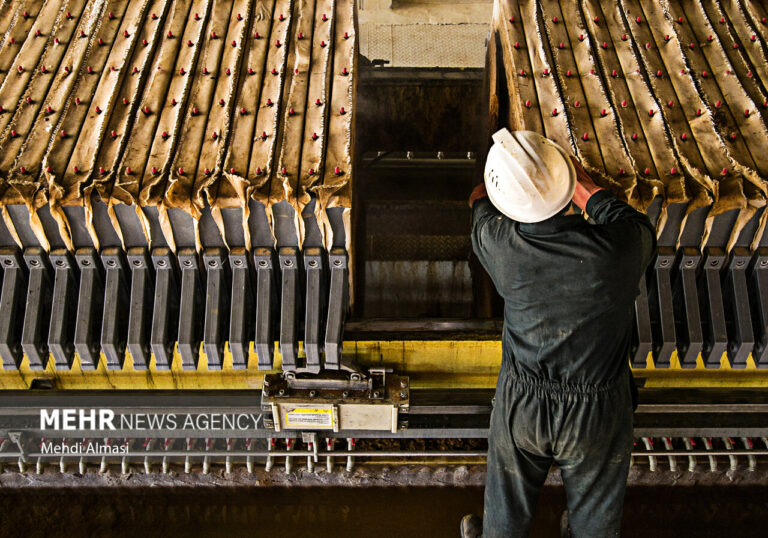
Iran Joins Global Celebrations for International Workers’ Day: A Day of Solidarity and Recognition
International Workers’ Day, celebrated on May 1st, honors the contributions and rights of workers globally. Originating from ancient spring festivals and the late 19th-century labor movement, it commemorates the 1886 U.S. strikes for an eight-hour workday. The day features marches advocating for improved working conditions, fair wages, and social justice. In Iran, it highlights cultural expressions and the need for stronger labor laws amidst economic challenges. Ayatollah Khamenei emphasizes the intrinsic dignity of work and the essential roles of both workers and entrepreneurs in overcoming economic struggles. Overall, it serves as a call for solidarity and ongoing advocacy for workers’ rights.

High-Profile Iranian Ex-Ministers Convicted in Landmark Trade Corruption Scandal
In a landmark ruling, two former Iranian ministers, Reza Fatemi-Amin and Javad Sadatinejad, were sentenced to one and two years in prison, respectively, for their roles in the Debsh Tea scandal, one of Iran’s largest corruption cases involving $3.4 billion in financial misconduct. The scandal included tea smuggling and currency manipulation, with CEO Akbar Rahimi Darabad sentenced to 66 years in prison. The case has raised public concerns about widespread economic misconduct, implicating various government entities. While some view the sentences as progress toward accountability, skepticism remains about the government’s commitment to effectively combat corruption and uphold the rule of law.
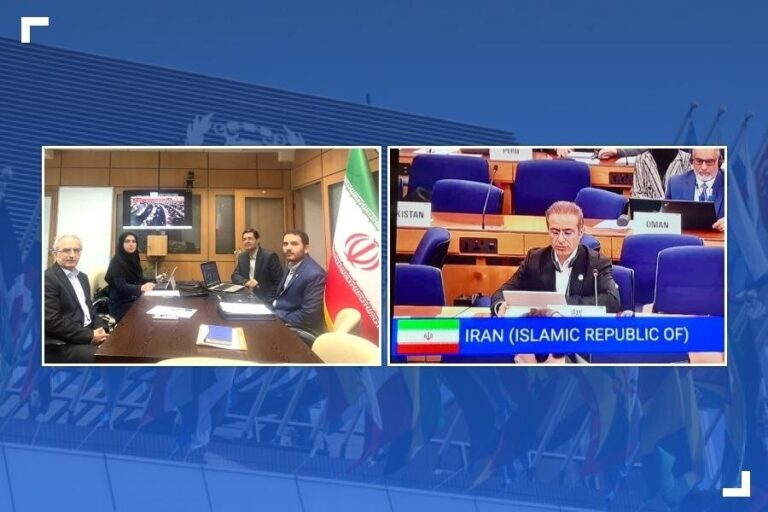
Iran Takes Center Stage at 112th Legal Committee Session: Key Contributions and Insights
Representatives from International Maritime Organization (IMO) member states, including Iran, are attending the 112th session of the Legal Committee (LEG) in London, focusing on key maritime legal issues such as liability, compensation, and the fair treatment of seafarers. The hybrid format allows for wider participation. The Iranian delegation, led by Pouria Koulivand, is actively engaged in discussions on pressing topics, including piracy, autonomous vessel regulations, and the adaptation to alternative fuels. The committee’s work aims to enhance maritime legal frameworks, ensuring safety and equity in the industry as it evolves.
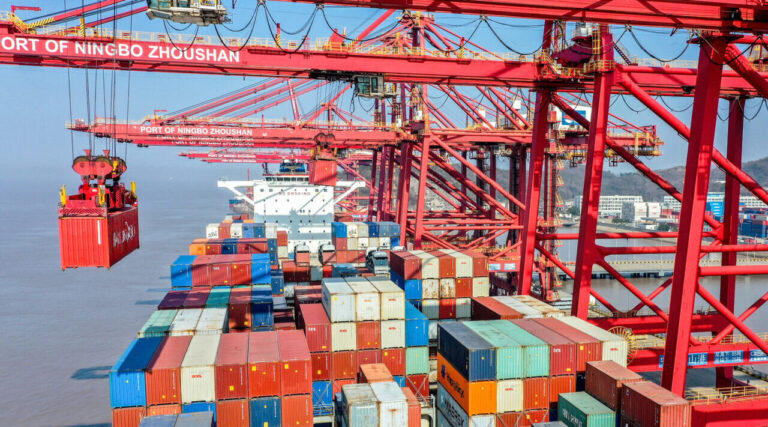
Iran’s Non-Oil Exports Surge to Record High in Just 11 Months!
Iran’s economic performance is on the rise, with the Islamic Republic of Iran Customs Administration (IRICA) reporting $53 billion in non-oil exports between March 2024 and February 2025. This marks a record for the country, with total trade in non-oil goods exceeding $117 billion. Rouhollah Latifi, spokesman for the Trade Promotion Commission, projects non-oil exports could reach $58 billion by March 2025. Amid ongoing sanctions, Iran’s focus on diversifying its economy through agriculture and manufacturing aims to reduce reliance on oil revenues. Government support for exporters is expected to further enhance competitiveness and economic resilience in global markets.
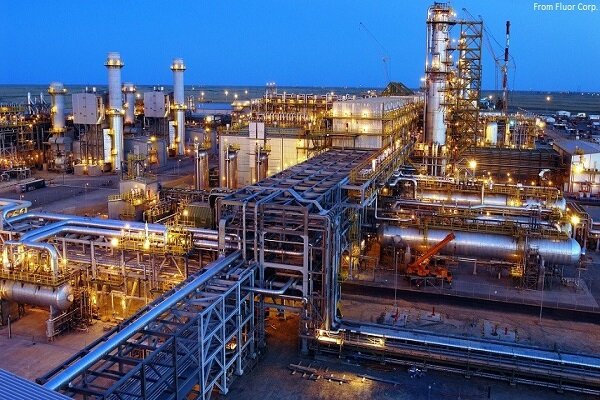
PG Star Refinery: A Key Milestone in the Legacy of the Islamic Revolution
Mohammad-Sadeq Azimifar, CEO of the National Iranian Oil Refining and Distribution Company, emphasized the urgent need for reforms in Iran’s energy sector governance. Despite significant advancements since the Islamic Revolution, such as gas field development and increased refining capacity, weaknesses in energy policy and management persist. Inefficient subsidies have led to increased domestic consumption, energy waste, and diminished export revenues. Azimifar called for strategic reforms to optimize the energy sector, enhance economic stability, and manage consumption effectively. Addressing these governance challenges is essential for maximizing Iran’s energy resources and improving its global energy market position.